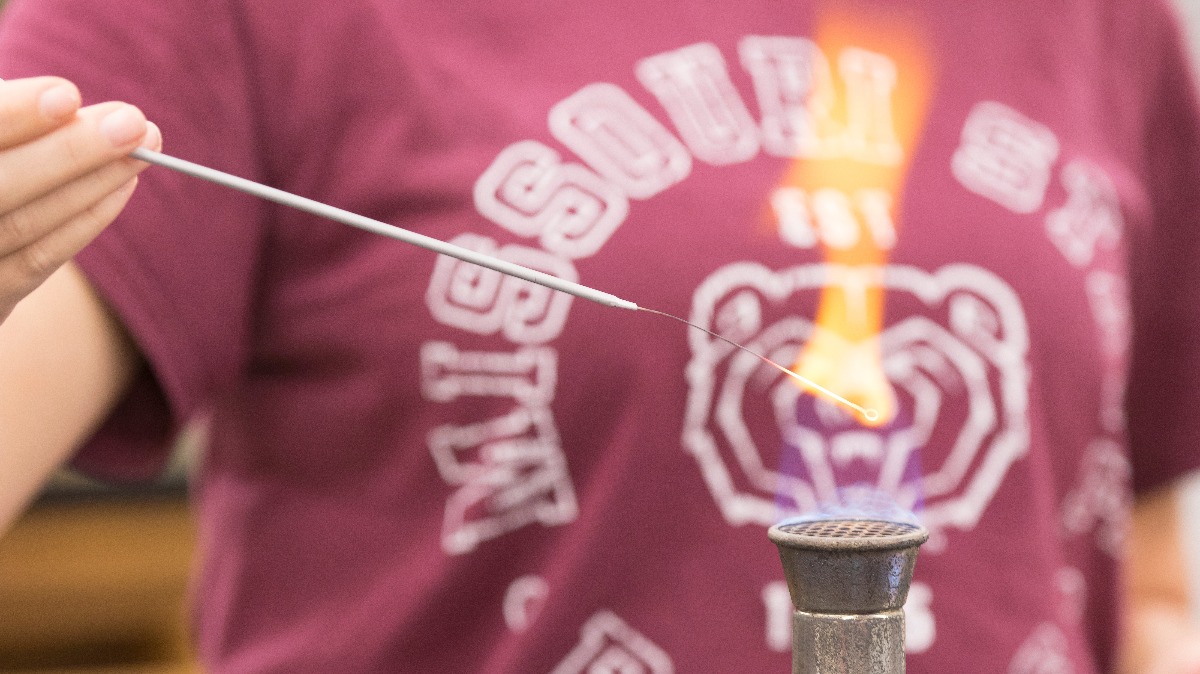Fostering fair treatment for women can be difficult when many industries remain male-dominated.
This applies to the Science, Technology, Engineering and Mathematics (STEM) community. Women make up only 25% of STEM contributors at the doctoral level nationally.
Dr. Tamera Jahnke, dean of the College of Natural and Applied Sciences, is among those leading efforts to establish gender equity in STEM at Missouri State University.
She recently presented a talk on the subject for Women’s History Month.
She shares key details of her team’s work to build gender equity and more among STEM faculty at Missouri State through their catalyst project.
The project is funded by the National Science Foundation (NSF) as part of its ADVANCE program.
Recognizing the components of representation
Having women and men in equal STEM leadership roles benefits the faculty and students. The differing input and perspectives offered builds confidence and comfort, especially among female students.
Jahnke stresses that representing women relies on recognizing all components of their identities.
This includes status as mothers, women of color and members of the LGBTQ community.
“Our identities as women are not singular,” Jahnke said. “They intersect in many ways.”
Leading systemic change
Jahnke and her team received the catalyst award in fall 2019. Since then, they have worked to meet three primary goals for leading systemic change at MSU. They include:
- Identifying barriers that prevent women faculty in STEM disciplines from consistently advancing in their careers.
- Piloting equity strategies for systemic change.
- Developing a research-based and data-driven five-year equity strategic plan for STEM faculty.
“The pandemic has slowed us down. But we plan to submit an adaptation proposal for our work in summer 2022,” Jahnke said. “We have also been informally invited to join a Midwest partnership group and are currently looking into that possibility.”
Learn more about the NSF ADVANCE catalyst project
Connecting efforts across institutions
Jahnke and her team have connected with other institutions serving as fellow ADVANCE sites to compare needs and strategies for systemic change.
Their visits led them to some key takeaways, she shares.
“Reaching success will in part come from having strong data. It will also result from pursuing approaches proven to work at other institutions,” she said. “We have to create greater awareness of existing policies among faculty. This includes mandating training in areas like implicit bias and unacknowledged stereotypes.”
About the NSF ADVANCE program
NSF ADVANCE serves to increase women’s representation and advancement in academic science and engineering careers.
This can lead to a more diverse and capable science and engineering workforce.
Four funding tracks are available through the program.

